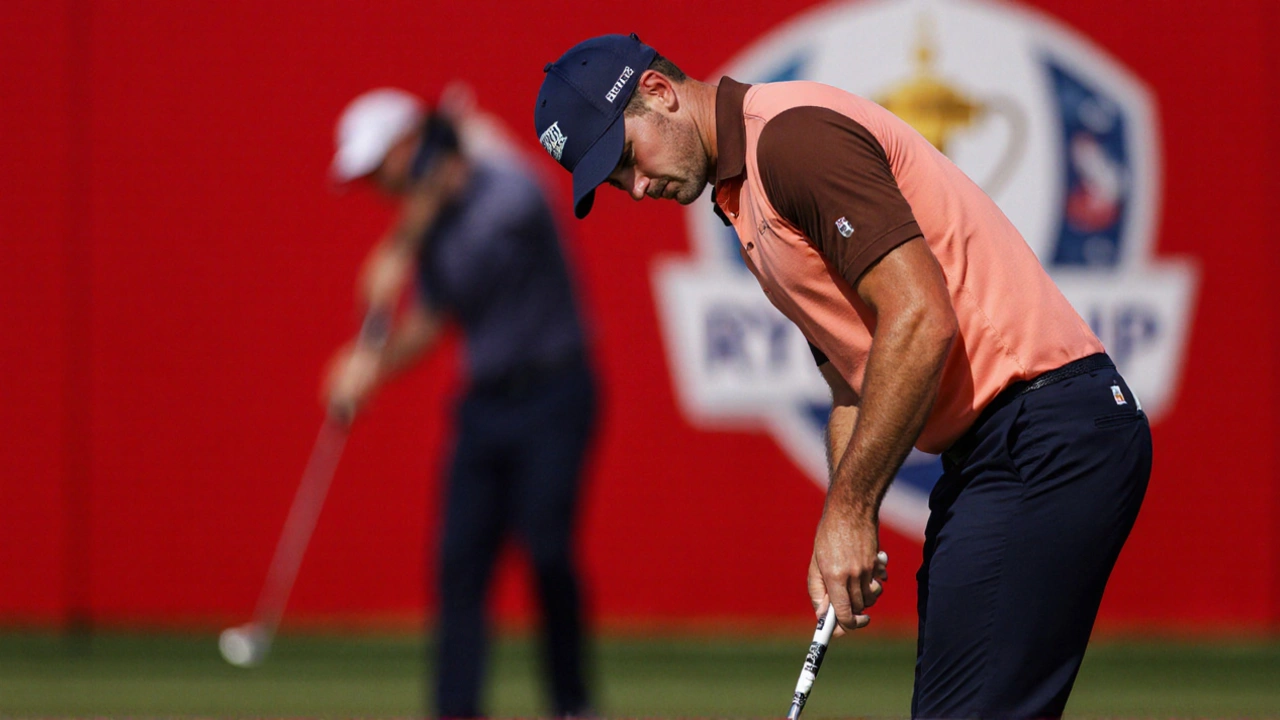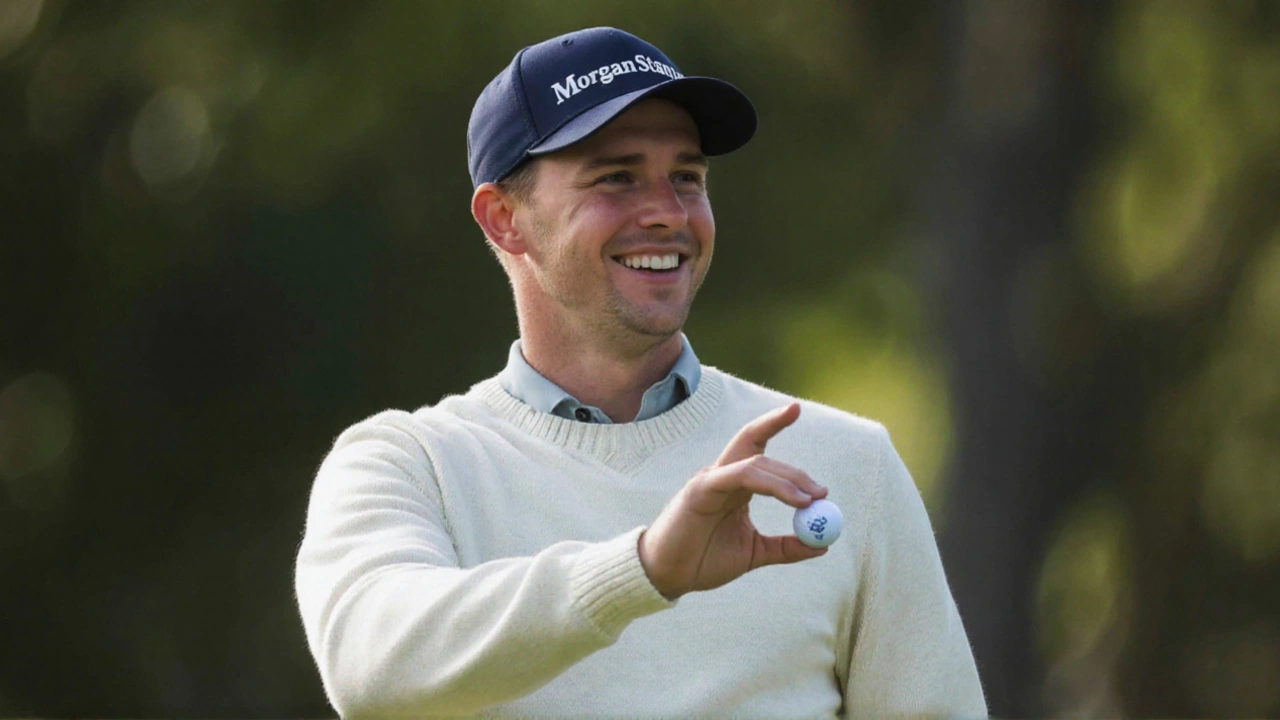European veteran Ryder Cup player Justin Rose opened up about the United States squad’s recent attempts to mold a cohesive unit. Speaking to reporters after a practice round, Rose said the Americans seem to be "trying too hard" to become a team, a remark that has already ignited chatter across golf circles.
Rose’s Remarks and Their Context
Rose’s comments came during a lull in the buildup to the 2025 Ryder Cup in Rome, a tournament where the U.S. hopes to reclaim the trophy after a 13‑year drought. He referenced several practice sessions where American captains shuffled pairings multiple times in a single day, apparently searching for the perfect chemistry. "You can see the effort, but sometimes the effort feels forced," Rose said. "In a sport like golf, you want confidence in your own game first, then you add the team element on top."
The European side, which already enjoys a strong record, has traditionally emphasized individual talent while gradually building rapport. Rose contrasted that with the U.S. approach, highlighting that American golfers are accustomed to playing solo on the tour and may feel pressured when asked to partner up for strategic reasons.

Implications for Team Strategy
Rose’s critique could prompt a rethink among USA captains and coaches. Over‑engineering pairings can backfire, leading to awkward dynamics on the course and reduced performance under pressure. Analysts suggest that a lighter touch—allowing natural relationships to develop while providing clear tactical guidance—might serve the U.S. better.
- Pairings: Focus on complementary playing styles rather than forced camaraderie.
- Leadership: Empower senior players to mentor younger teammates organically.
- Practice Structure: Simulate match‑play scenarios instead of endless drills to build genuine confidence.
Beyond the tactical aspects, Rose’s remarks underline a philosophical question: how much should a team sport like the Ryder Cup attempt to manufacture unity? The answer may lie in striking a balance—respecting each golfer’s individual rhythm while cultivating a shared purpose. As the competition draws nearer, all eyes will be on whether the U.S. can adjust its approach or stick with the current plan, and how that decision will shape the final outcome.
